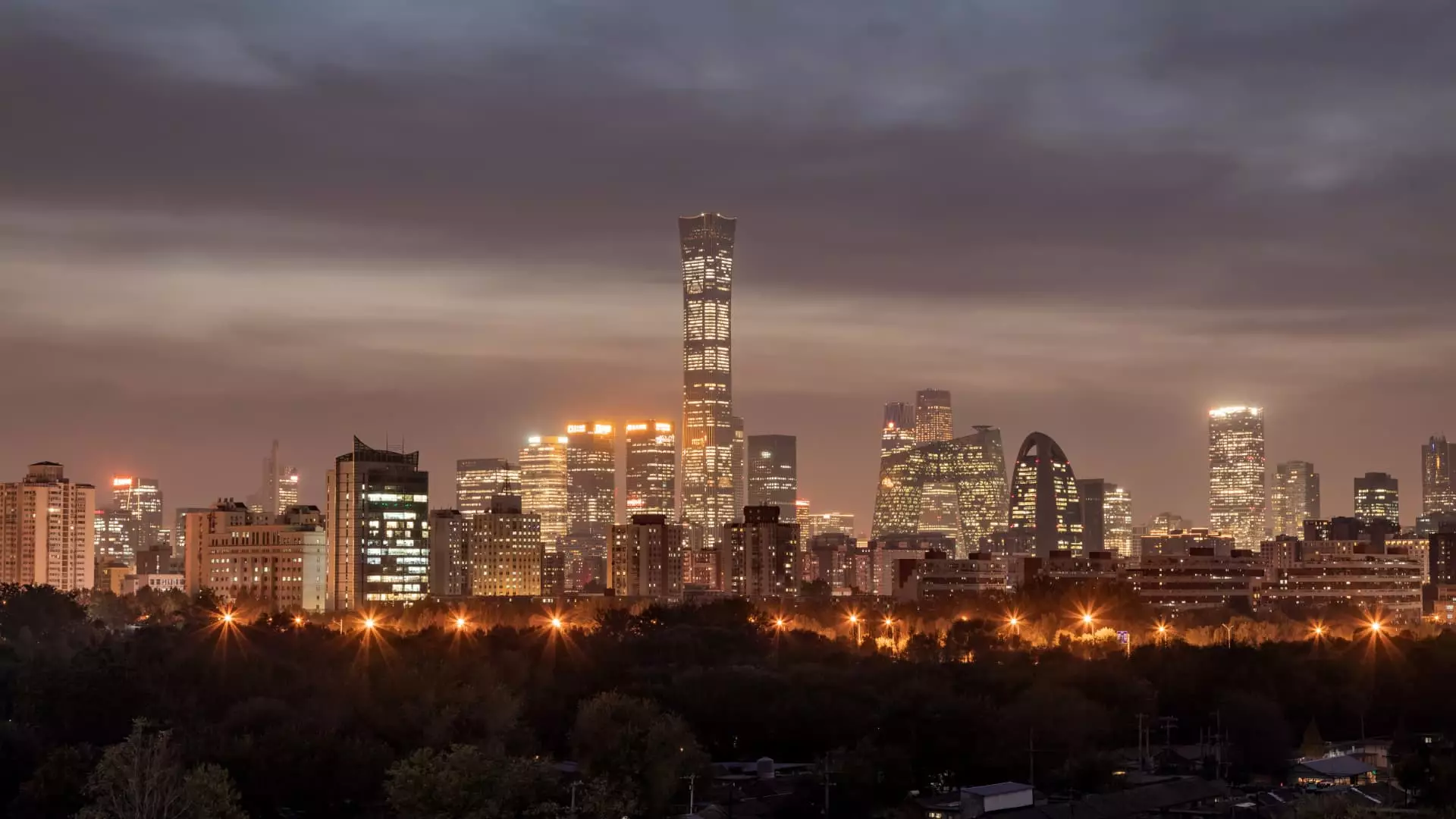China’s commercial property sector, amidst an overall real estate slump, is witnessing pockets of demand. The capital city of Beijing is experiencing a surge in rents for prime retail locations, as reported by property consultancy JLL. Rents have shown an increase of 1.3% in the first three months of this year compared to the fourth quarter of 2023. The rise can be attributed to a growing demand from new food and beverage brands, niche foreign fashion offerings, and electric car companies, driving interest in shopping mall storefronts. JLL anticipates this demand to continue throughout the year, contributing to rent hikes, which are still below pre-pandemic levels.
Commercial Real Estate Sector Dynamics
Despite the slump in the overall property market, commercial real estate, including office buildings and shopping malls, forms just a fraction of China’s property market. Sales of offices and commercial-use properties have shown a 15% and 17% increase in floor area, respectively, in January and February compared to the previous year, according to Wind Information. In contrast, residential property sales saw a drop of nearly 25% during the same period. While both commercial and residential property sales suffered declines last year, the Covid-19 restrictions on movement further dampened demand for commercial properties in China, aligning with global trends.
Joe Kwan, the managing partner at Raffles Family Office in Singapore, believes that China’s commercial real estate prices are approaching an attractive buying point. Kwan mentioned an internal timeline for valuation to reach a level that would make it appealing for investment. He foresees opportunities opening up in the second half of this year extending into the next year. The focus of the firm will be on commercial properties in Shanghai and Beijing. However, this bargain-hunting stance does not necessarily indicate a full recovery of the market. Kwan highlighted that despite receiving discounted offers from owners, it seems that the market may take some time to stabilize.
Despite the current challenges, Kwan remains optimistic about the longer-term prospects of China’s commercial real estate. He emphasized the country’s population size, demographics, and consumption numbers as favorable factors for growth. While acknowledging a potential overcorrection in the market, Kwan believes that there are opportunities to acquire well-located, high-quality assets that may yield significant returns in the mid-term, if not sooner.
Hong Kong-based Swire Properties revealed its intentions to double its gross floor area in mainland China by 2032. The company, known for its high-end shopping complexes under the brand “Taikoo Li” in major Chinese cities like Beijing and Shanghai, reported an improvement in foot traffic and retail sales surpassing pre-pandemic levels post lifting of pandemic-related restrictions. Looking ahead, Swire Properties anticipates 2024 to be a “year of stabilization” in retail demand, signaling confidence in the growth potential of the Chinese commercial property market.


Leave a Reply